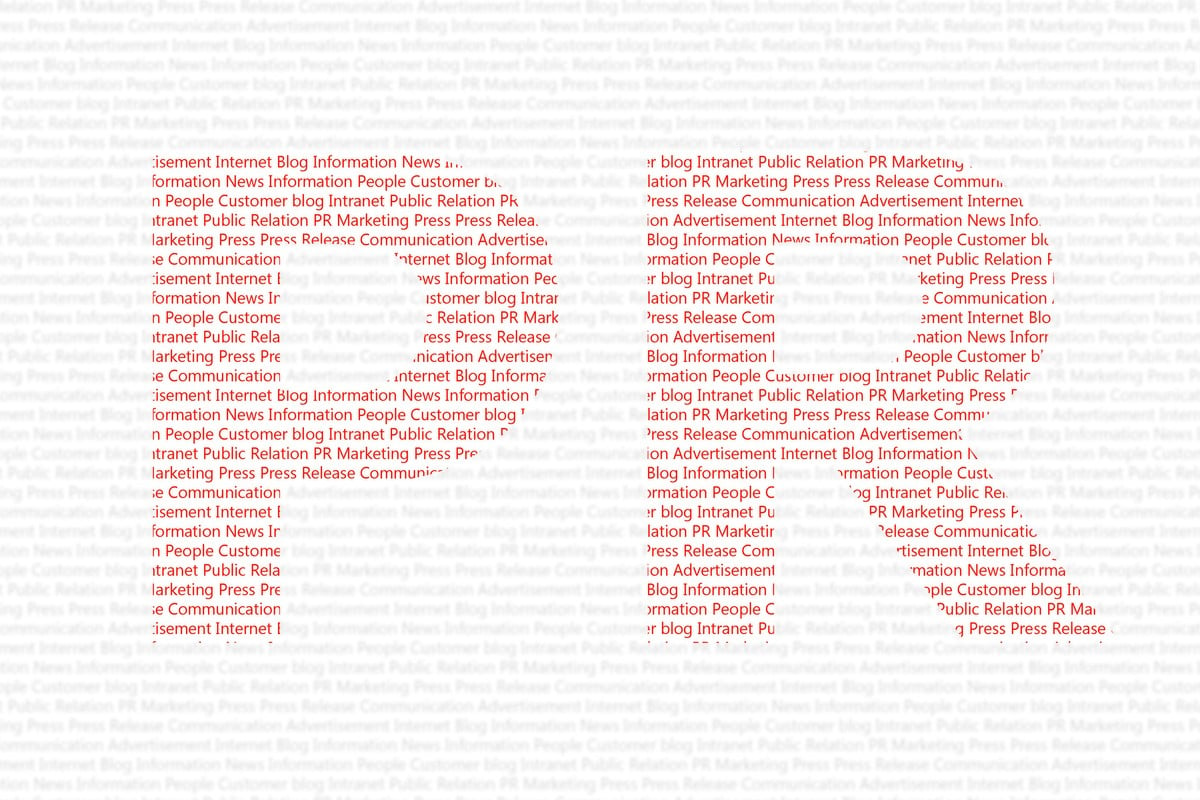
Photo: macgyverhh/iStock
The shifting world of arts comms
For the past two years, Mobius Industries has run a survey to take the temperature of arts PR. As Emma Berge reports, the results reveal widespread concern about the shrinkage of arts coverage.
Although most of the findings of our survey will come as no shock to anyone who works (or has worked) in PR, or who reads the arts press, there were some stats that caused concern and some that made for cautious optimism. And for those who produce theatre, the survey throws up some eye-opening learnings about the shifting world of comms.
The first standout finding is that venues, agencies and freelancers alike are all concerned about shrinking arts coverage and, in particular, the recent reduction in regional publications. Anecdotal responses cited worries about cuts to BBC local radio and thinning regional papers. threatening both editorial coverage and paid-for media.
When asked to predict the year ahead, only three of the eight categories – regional feature, regional broadcast and national broadcast – had any positive responses, with one person in each category thinking things might get a bit easier.
Looking at the implications, it’s easy to see why smaller regional venues have cause to be very worried. If their local newspaper or radio isn’t going to say what’s on at their venue, who is? Who is going to tell the stories of how local arts institutions, quietly serving their communities, are being affected by drastic council funding cuts across the country?
Shrinking budgets
The second standout finding is the same frustration the whole industry is facing: budget cuts. People are less able to afford tickets and the price of everything is going up – and that includes PR. Not only has inflation has pushed prices up, but because of the shrinking coverage space, PRs have to invest more time and resources into getting the same level of coverage we’re used to achieving.
Reduced budgets also often mean less travel time, less budget, fewer hours and less money for photographers, videographers and stunts. And we’re finding people approach us with very little lead time because their funding has been confirmed so late.
With all these pressures, it’s small wonder it has had an impact on programming. What’s the easiest way to ensure coverage? Cast a celebrity. A celebrity casting doesn’t just mean a recognisable face on a poster, it’s almost a guarantee of radio and newspaper interviews, and of a pool of reviewers whose readers want to know if celebrity X can actually act.
Celebrity casting is not a bad thing in itself, especially if it gets audiences into theatres, but what about the knock-on effect on emerging actors and writers? Where will the next Six the Musical or Operation Mincemeat come from? Maybe we’ll never find them because it’s getting too difficult to get the word out without the backing of media coverage.
Grim reading
On the surface, our survey results are grim reading. 62% said they had either considered or strongly considered leaving the arts altogether, the same percentage as last year. However, it hasn’t gone unnoticed: 69% reported they felt either very or extremely valued by the organisations they work for, and 90% said they felt their role is meaningful.
It’s in the comments section you find the rays of hope. Just as the wider industry is finding ways to adapt, so are we. Several respondents said they were trying to do more work with influencers. Interestingly, the majority of these were from venues rather than agency or freelance workers, possibly because the latter are more difficult to measure.
As we often tell clients, an influencer doesn’t always mean the cliché that springs to mind. An influencer could be a pub landlord, a librarian, the admin on the local parent Facebook group. An influencer could also be a journalist with an X/Twitter following who tweets about stories (their own and other people’s). And reporters with a genuine interest in the goings-on in their area may have a very active, hyper-local Instagram account.
Another response that came up repeatedly was that PRs are experimenting with AI. It’s a long way from being able to write more than a basic press release as it can only reword the data you give it. It can’t know the wider context, tell you what the strongest angle is, or interrogate the copy to get to the more interesting kernels of intrigue. But for speeding up tasks, coming up with questions and sparking ideas, it’s an interesting experiment. If time poverty is a problem, AI is part solution.
Where do we go from here?
One certainty is things can change very quickly. Maybe next year the power will have shifted away from those hellbent on cuts to the arts, to local councils and the BBC. Maybe the budgets will go back up and we can invest a little more time and money to making our sector work that bit better.
It won’t go back to what it was but maybe, in the face of adversity, we’ll find new ways of working. Maybe next year, the survey will show a bit more optimism for the year ahead.
Emma Berge is Head of Press at Mobius Industries.
![]() mobiusindustries.com/
mobiusindustries.com/
![]() mobiustheatre | EmmaBerge
mobiustheatre | EmmaBerge
![]() mobius-industries-ltd | emma-berge
mobius-industries-ltd | emma-berge
Join the Discussion
You must be logged in to post a comment.